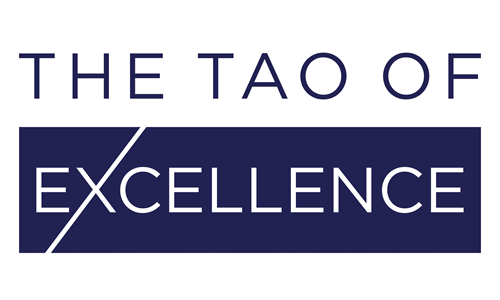Today, Tuesday 17 September 2019, is the first World Patient Safety Day. This year, the World Health Assembly recognised patient safety as a global health priority and vital for countries to deliver universal health coverage. As Dr Neelam Dhinga, Coordinator for Patient Safety and Quality Improvement at the World Health Organisation (WHO), identified last week “improved access has to be safe access.”[1]
Future proofing healthcare systems
The reality of a growing and ageing population puts significant pressure on resources and healthcare systems’ ability to improve access, affordability, efficiency and its capacity to meet patients’ needs. However, statistics show that:
- in high-income countries an estimated 1 in 10 patients are harmed while receiving hospital care, 50% of which is considered to be preventable;
- in OECD countries it is estimated that the total cost of this harm amounts to trillions of dollars each year;
- and greater patient involvement is the key to safer care. If done well, engaging patients in their own care could reduce the burden of harm by up to 15%, saving billions of dollars each year and more importantly improving patient outcomes.[2]
Medtech’s role in patient safety
The medical devices industry has a vital role to play in patient safety. Whilst updated regulations, such as the EU’s new Medical Device Regulations (MDR), will ensure a safer and more transparent medtech industry, as well as standardised procedures across international borders, the medical devices industry is in the unique position to develop new technology and digital solutions that will directly support and enable the patient safety agenda’s key stakeholders: including policy makers, health workers and leaders, and research and academic institutions. Dr Dhinga defined these as digital solutions and mobile applications.
Artificial Intelligence (AI) and patient safety
AI has the potential to transform the healthcare system and our approach to health. A huge factor of this is shifting countries’ health systems from being reactive to proactive, and even predictive. Data collection and analysis has the power to make that change.
As Dr Ann Aerts, Head of the Novatis Foundation, said at this year’s Intelligent Health summit for AI in medicine (pictured), “Data, digital and AI are some of the best tools we have to respond to the world’s greatest health challenges.” In fact, the Novatis team’s workshop was so popular they presented it twice, expertly highlighting two key factors: “For healthcare practitioners and life sciences professionals, AI is an invaluable tool to extract insights from vast quantities of data to make more informed decisions. While for patients, it empowers self-management and increases access to health and care.”[3]
The central importance of AI to improving patient safety and the quality and efficiency our healthcare systems is reflected current momentum. A research report published this years shows that the global artificial intelligence market in healthcare is expected to grow at a CAGR of 43.5% from 2018 to 2025 to reach $27.6 billion by 2025.[4]
World Patient Safety Day
World Patient Safety Day is the acknowledgement that the healthcare we receive represents a small part of the status of our health. It is in fact our own behaviour and the social context in which we live that contribute two of the largest controllable factors that influence our health, and it is the medtech industry that can empower individuals through tools and digital solutions; developing “programs that can change behaviour, identify chronic disease early, and help people cope better with their social environment.[5]
Today, cities around the world will light monuments, bridges, hospitals and medical colleges in orange. In Switzerland, the city of Geneva and host to the United Nations and the World Health Organization, will light up its most prominent landmark at sunset—the Jet d’Eau—inviting the public to promote this day on social media and reminding us of the active role we all play protecting our health.
Please contact us for more information on our services or for support implementing digital solutions, data collection and data analysis in your medtech company.

Phone
+41 52 685 51 65
Email
meetus@taoexcellence.ch
Did you like this article? Follow us on LinkedIn and Twitter!
[1] WHO, #WorldPatientSafetyDay, 13 September 2019
[2] WHO, 10 facts on patient safety, August 2019
[3] Novatis, AI is changing the face of healthcare, 11 September 2019
[4] Meticulous Research, Artificial Intelligence In Healthcare Market By Product, January 2019
[5] Todd Hixon, Forbes, The Huge, Neglected Opportunity For Proactive Medicine, 19 August 2014

